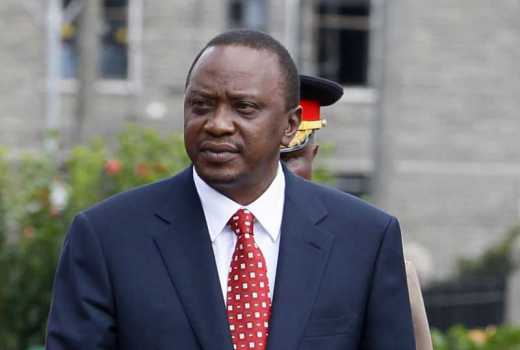×
The Standard e-Paper
Fearless, Trusted News

Doubts are mounting if President Uhuru Kenyatta will accomplish the ambitious goals he has set in his second term in office.
These are fuelled by fears that same forces which frustrated the goals he set in his first term are still in charge of the economy.